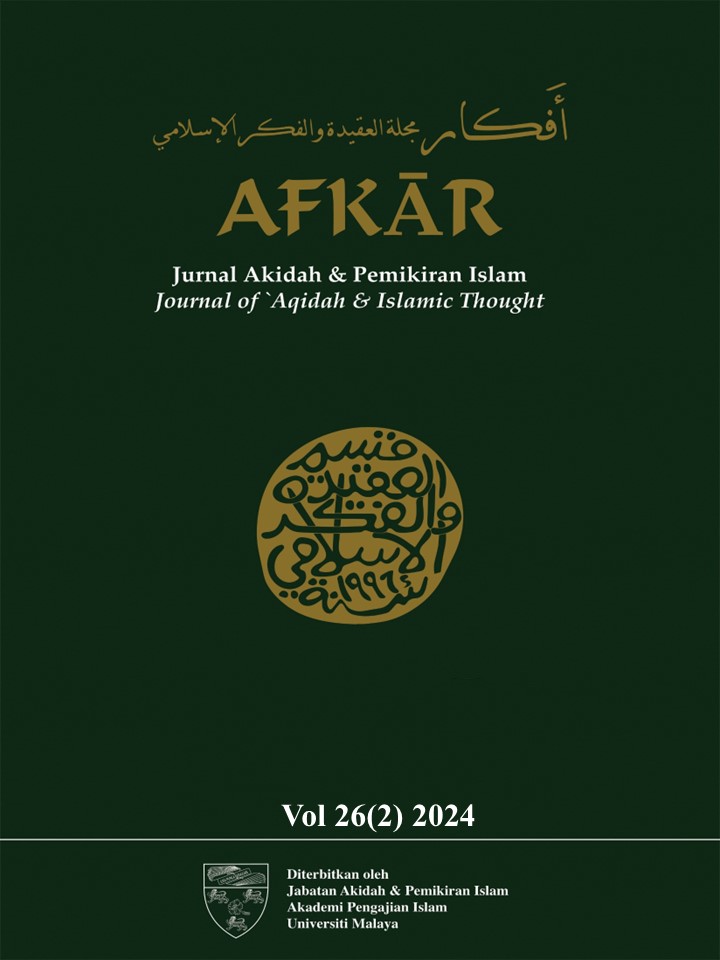
AFKAR: Jurnal Akidah & Pemikiran Islam (ISSN: 1511-8819, E-ISSN: 2550-1755) adalah jurnal dwi tahunan (Jun & Disember) antarabangsa yang dinilai, diterbitkan oleh Jabatan Akidah dan Pemikiran Islam, Akademi Pengajian Islam, Universiti Malaya, Kuala Lumpur. Ia menerbitkan makalah dan kajian ilmiah berkaitan Akidah dan Pemikiran Islam merangkumi bidang kalam, falsafah, tasawwuf, perbandingan agama, mantik dan pemikiran Islam dalam Bahasa Melayu, Inggeris dan Arab. Jurnal ini diindeks di pengkalan data Scopus, Emerging Sources Citation Index (ESCI-WoS), American Theological Library Association (Atla) Religion Database, Asean Citation Index (ACI) dan MyCite.
AFKAR: Journal of 'Aqidah & Islamic Thought is an international peer reviewed journal published twice a year (June & December) by the Department of `Aqidah and Islamic Thought, Academy of Islamic Studies, Universiti Malaya, Kuala Lumpur. It publishes articles and research papers concerning `aqidah and Islamic thought, particularly Kalam, philosophy, Sufism, comparative religions, logic and Islamic thought in Malay, English and Arabic. The journal is being indexed and abstracted by Elsevier's Scopus, Emerging Sources Citation Index (ESCI-WoS), American Theological Library Association (Atla) Religion Database, Asean Citation Index (ACI) and MyCite.
أفكار: مجلة علمية، دولية، محكمة، يصدرها قسم العقيدة والفكر الإسلامي، أكاديمية الدراسات الإسلامية بجامعة مالايا، كوالالمبور، مرتين في العام (يونيو وديسمبر). وتنشر المجلة مقالاتٍ وأوراقًا بحثية تتعلق بالعقيدة والفكر الإسلامي، خاصة في مجالات علم الكلام، والفلسفة، والتصوف، ومقارنة الأديان، والمنطق، والفكر الإسلامي، باللغات الثلاث: الإنجليزية، والملايوية، والعربية. والمجلة مرخصة، ومسجلة، ومفهرسة من قبل قاعدة البيانات سكوبس (Elsevier)، وفهرس الاقتباس للمصادر الناشئة (ESCI-WoS)، وقاعدة بيانات الدين التابعة لجمعية المكتبات اللاهوتية الأمريكية (Atla)، وفهرس الاقتباس لدول الآسيان (ACI)، وماي سيت (MyCite).
م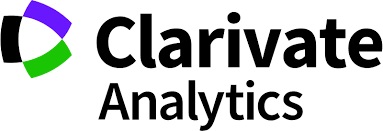
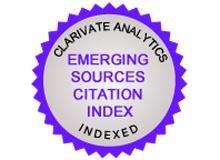
![]()
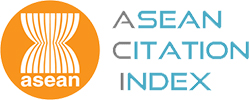

![]()
Current Issue
Vol. 26 No. 2 (2024): Afkar: Jurnal Akidah & Pemikiran Islam
Article
ABOUT THE JOURNAL
AFKAR - Jurnal Akidah & Pemikiran Islam (ISSN: 1511-8819, E-ISSN: 2550-1755) adalah jurnal dwi tahunan (Jun & Disember) antarabangsa yang dinilai, diterbitkan oleh Jabatan Akidah dan Pemikiran Islam, Akademi Pengajian Islam, Universiti Malaya, Kuala Lumpur. Ia menerbitkan makalah dan kajian ilmiah berkaitan Akidah dan Pemikiran Islam merangkumi bidang kalam, falsafah, tasawwuf, perbandingan agama, mantik dan pemikiran Islam di Alam Melayu dalam bahasa Melayu, Inggeris dan Arab.
AFKAR - Journal of 'Aqidah & Islamic Thought is an international peer reviewed journal published twice a year (June & December) by the Department of `Aqidah and Islamic Thought, Academy of Islamic Studies, University of Malaya, Kuala Lumpur. It publishes articles and research papers concerning `aqidah and Islamic thought, particularly Kalam, philosophy, Tasawwuf, comparative religions, logic and Islamic thought in the Malay World in Malay, English and Arabic.
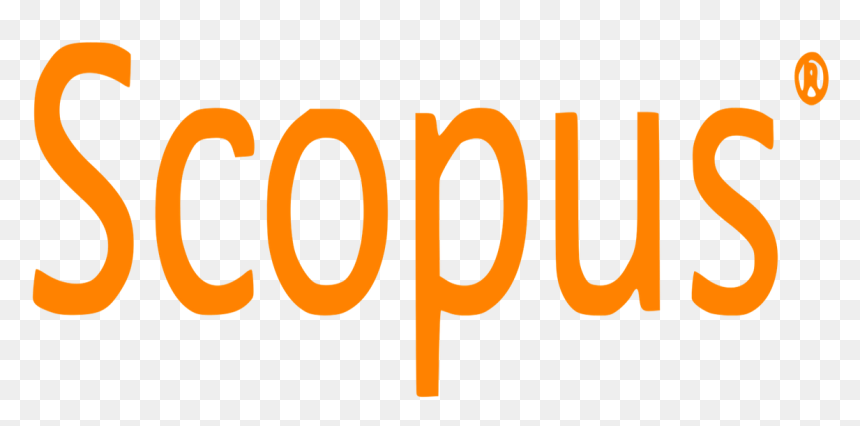




![]()
PEER REVIEW POLICY
AFKAR operates a double blind review process. All manuscripts submitted to AFKAR will be initially assessed by the editor for suitability for the journal. Papers deemed suitable are then sent to a minimum of two independent expert reviewers in the field. The reviewers' recommendations are taken into consideration by the Editors in arriving at publication and revision decisions. Comments from the external reviewers are sent to the authors and they are notified of the journal's decision (accept, accept with major/minor revisions, reject). This entire review process will take anywhere between 4 and 6 months after submission of the manuscript. The review process is treated confidentially at all times. The Editors' decision is final.
ETHICS AND MALPRACTICE STATEMENT
Journal of Aqidah and Islamic Thought (AFKAR) is peer reviewed international journal committed to upholding the highest standards of publication ethics. Therefore, the prevention of publication malpractice is one of the important responsibilities of the editorial board. To that purpose, all the actors of AFKAR publication, authors, reviewers and members of the editorial team, are expected to fully adhere to our policy regarding publication ethics and malpractice, and respect the following statements:
EDITOR'S RESPONSIBILITIES
1. Editors should evaluate manuscripts exclusively on the basis of their academic merit. An editor must not use unpublished information in the editor's own research without the express written consent of the author.
2. Editors must ensure that each manuscript received by the journal is reviewed for its intellectual content without regard to sex, gender, race, religion, citizenship, etc. of the authors.
3. Editors should ensure the integrity of the publication review process. As such, editors should not reveal either the identity of authors of manuscripts to the reviewers, or the identity of reviewers to authors.
4. Editors must ensure that all the information related to submitted manuscripts is kept as confidential before publishing.
EDITORIAL BOARD RESPONSIBILITIES
1. The Editorial Board is responsible for deciding which of the submitted articles should be published.
2. The Editorial Board must ensure that information regarding manuscripts submitted by the authors is kept confidential.
3. The Editorial Board is accountable for everything published in the journal, thus he/she has complete responsibility and authority to reject/accept an article. However, the published manuscript would not represent the stand or opinion of the Editorial Board and the Management Team of AFKAR, or the Department of Aqidah and Islamic Thought, Academy of Islamic Studies, University of Malaya.
4. The Editorial Board should take reasonably responsive measures when ethical complaints have been presented concerning a submitted manuscript or published paper. They shall conduct proper and fair investigation into ethical complaints.
REVIEWER'S RESPONSIBILITIES
1. Any manuscripts received for review must be treated as confidential documents. They must not be shown to or discussed with others except as authorized by the editor.
2. Reviewers must not have conflicts of interest with respect to the research, the authors or the research funding.
3. Judgments by the reviewers should be as objective as possible. There shall be no personal criticism of the author. They should express their views clearly with supporting arguments.
4. In the event that a reviewer feels it is not possible for him/her to complete review of manuscript within stipulated time then this information must be communicated to the editor, so that the manuscript could be sent to another reviewer.
AUTHOR'S RESPONSIBILITIES
1. The authors should ensure that their work is entirely original works, and if the work and/or words of others have been used, this has been appropriately acknowledged. Plagiarism in all its forms constitutes unethical publishing behavior and is unacceptable.
2. They must ensure that the manuscript has not been issued elsewhere. Submitting the same manuscript to more than one journal concurrently constitutes unethical publishing behavior and is unacceptable.
3. Authorship should be limited to those who have made a significant contribution to the conception, design, execution, or interpretation of the reported study. The corresponding author should ensure that all appropriate co-authors and no inappropriate co-authors are included on the paper, and that all co-authors have seen and approved the final version of the paper and have agreed to its submission for publication.
4. If at any point of time, author discovers a significant error or inaccuracy in submitted manuscript, then the error or inaccuracy must be reported to the editor. If the editor or the publisher learns from a third party that a published work contains a significant error, it is the obligation of the author to promptly retract or correct the paper or provide evidence to the editor of the correctness of the original paper.
The ethics statements for our journal are based on the Ethical Code of the Committee on Publication Ethics (COPE).
COPYRIGHT NOTICE
Transfer of Copyright
AFKAR accepts manuscripts that have not been published elsewhere and are not under consideration for publication by other print or electronic media. The authors agree to transfer the copyright to AFKAR editorial office. However, it can be reprinted with a proper acknowledgement that it was published in AFKAR.
LISCENCING
This publication is licensed under a Creative Commons Attribution-NonCommercial 4.0 International License.
PUBLICATION FEE
All submission are subject to publication fee of RM1500.00 for corresponding author with local affiliation and USD350.00 for corresponding author with international affiliation upon acceptance for publication. All content is freely available without any embargo or charge to the user(s) or institution(s). Users are allowed to read, download, copy, distribute, print, search, or link to the full texts of the articles , or use them for any lawful purpose as long as proper acknowledgement is given to the authors of the original work, without asking prior permission from the author or publisher.
BUSINESS PRACTICES
Revenue Sources
All expenses are borne by the Academy of Islamic Studies, Universiti Malaya from the AFKAR publication fees.
Direct Marketing
Marketing to authors are appropriate, targeted and unobstructive. Journal AFKAR engage researchers, promote the journal and drive high-quality submissions by targeting the right authors for the journal.
Advertising Policy
All advertisements are subject to the approval of the AFKAR Journal, which reserves the right to reject or cancel at any time.
The journal does not release personally identifiable data on users of our website or e-mail alerts to advertisers. All advertisements are accepted and published by Publisher on the warranty of the agency and advertiser that both are authorized to publish the entire contents and subject matter of the advertisement.
OPEN ACCESS POLICY
AFKAR provides free and open access to all of its content at all times from anywhere in the world. It has no embargo periods that delay the free availability of the full issue as soon as it is published. The Public Knowledge Project, which has designed our journal system to improve the quality and reach of scholarly publishing, is committed to supporting the open access publishing of scholarly resources. It endorses the principle that making research freely available without charge to the public or their institutions, supports a greater global exchange of knowledge.

